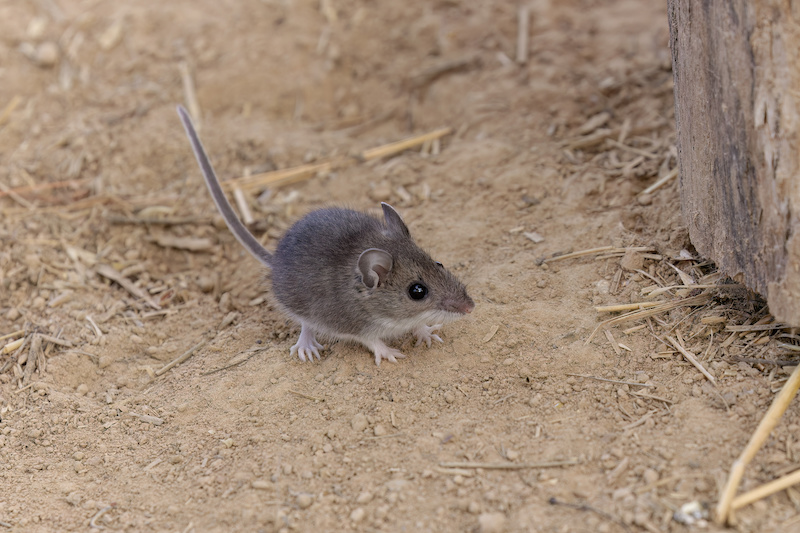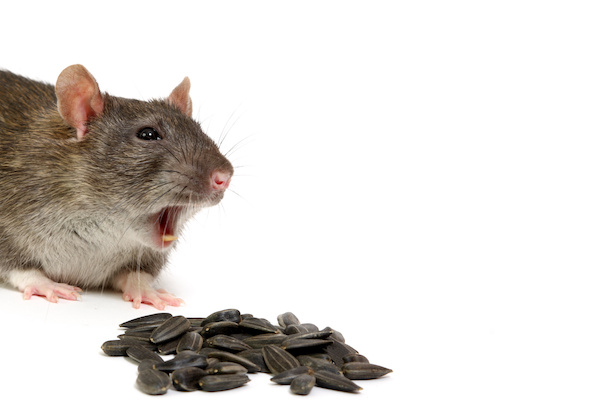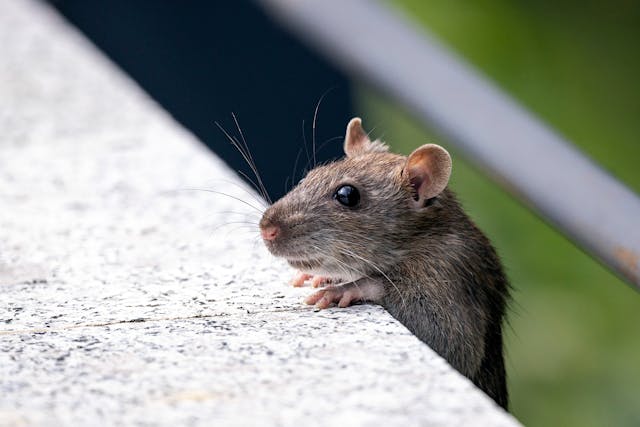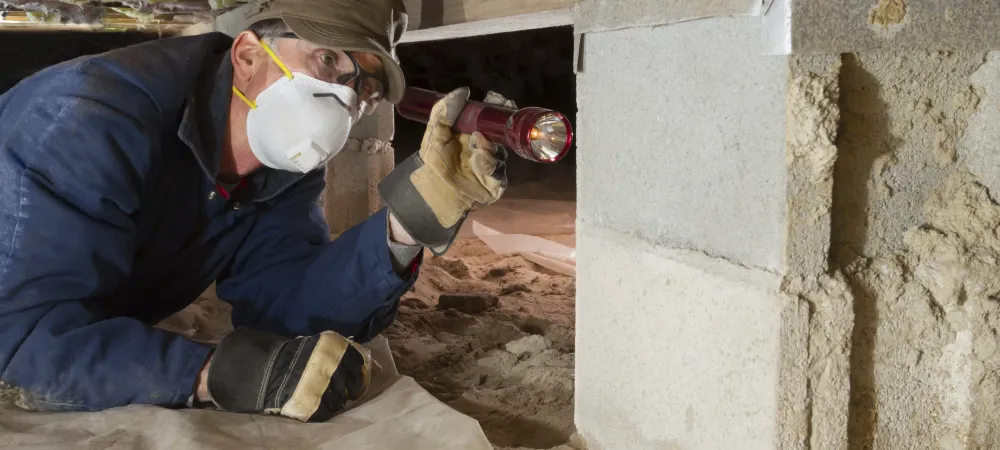Got a rodent problem? You’re far from alone. Rodents are among the most common pests in the world, and here in South Carolina, they’re a persistent nuisance for homeowners and businesses alike.
Whether you’re hearing mysterious scratching in the walls, finding gnawed corners on your pantry goods, or spotting droppings in your cabinets, chances are you’re dealing with an unwanted guest—or several. Let’s dive into the world of rodent infestations, from identifying the culprits to understanding their habits, and most importantly, how to kick them out for good.
Identifying the Culprits

Before you can tackle a rodent infestation, you need to know who you’re dealing with. Mice, rats, and even squirrels can invade homes in search of food, water, and shelter. Each type of rodent brings its own set of challenges, but here are some quick tips to help you identify them:
- Droppings: Mouse droppings are small and smooth, while rat droppings are larger and more irregular. Squirrels, on the other hand, tend to leave droppings that are slightly larger and rounder.
- Damage: Mice and rats gnaw on wood, insulation, and even electrical wires, leaving behind jagged edges and small chew marks. Squirrels are more likely to tear into softer materials, like insulation or fabric, to build their nests.
- Noises: Mice are relatively quiet, producing faint scurrying sounds, while rats can be loud, especially at night. Squirrels often make scratching or scampering noises, especially if they’ve taken up residence in your attic.
If you’re unsure which rodent is causing the trouble, keep an eye out for their behavior patterns. Identifying the species is the first step in combating rodent infestations effectively.
The Destructive Habits of Rodents

Rodents aren’t just annoying—they’re downright destructive. Here’s what makes them such a serious threat:
- Big Appetites: Rodents are scavengers by nature, and they’ll eat just about anything they can find. Their diet includes seeds, fruits, and trash. Leftover pet food is also a favorite snack, so don’t be surprised if your dog’s bowl looks raided each morning.
- Nocturnal Behavior: Most rodents are active at night, which makes it easy for them to evade detection. While you’re sleeping, they’re busy nesting, chewing, and foraging.
- Relentless Nesting: Rodents love to set up shop close to their food source, and they’ll chew through just about anything to create a cozy nest. This can lead to significant damage to your walls, insulation, and stored belongings.
Rodents don’t just stop at structural damage; they’re also carriers of diseases like salmonella and hantavirus. Ignoring a rodent infestation isn’t just risky for your home; it’s a potential hazard to your health.
Preventing Rodent Infestations

When it comes to rodents, prevention is always better than cure. Here are a few tips to help keep these pests out of your home:
1. Seal Entry Points
Rodents are escape artists. Mice can squeeze through holes as small as a dime, while rats can wriggle through gaps the size of a quarter. Inspect your home for cracks, crevices, and gaps around doors, windows, and pipes, and seal them with steel wool or caulk. Don’t forget to check your attic and basement. Rodents love these quiet, undisturbed spaces.
2. Keep a Clean Yard
Your yard can be a rodent’s paradise if it’s filled with tall grass, weeds, or debris. Trim back overgrown vegetation, clear away piles of leaves, and store firewood at least 20 feet from your home. A tidy yard leaves rodents with fewer places to hide and reduces the chances of them venturing inside.
3. Eliminate Food Sources
Rodents are scavengers, and a reliable food source will keep them coming back. Store pantry items in airtight containers, clean up crumbs and spills promptly, and make sure your garbage is securely sealed. Consider feeding your pets at specific times and storing their food in rodent-proof containers.
The Importance of Professional Rodent Control
DIY methods can help reduce rodent activity, but they’re rarely enough to eliminate an established infestation. That’s where professional pest control services come in. At Connors Pest Pros, we specialize in identifying, treating, and preventing rodent infestations in Virginia, Maryland, and Washington, D.C.
Our team doesn’t just set traps and hope for the best. We use a comprehensive approach to rodent control, including:
- Thorough Inspections: We’ll identify where rodents are hiding, how they’re getting in, and the extent of the infestation.
- Targeted Treatments: Using safe and effective methods, we’ll eliminate rodents and ensure they don’t come back.
- Preventative Measures: From sealing entry points to offering advice on reducing attractants, we’ll help protect your home for the long term.
Delaying action on a rodent infestation can lead to bigger problems down the road. These pests breed rapidly, and a small problem can turn into a full-blown invasion in no time. By addressing the issue early, you’ll save yourself from costly repairs and potential health risks.
Your Local Rodent Experts
When it comes to rodent infestations, trust the experts at Connors Pest Pros. We’re proud to serve Washington D.C. and the surrounding areas with top-notch pest control solutions that are tailored to your needs.
Don’t let rodents take over your home. Call Connors Pest Pros today, and let us handle the dirty work for you. With our expertise and dedication, you can say goodbye to rodent infestations for good!



